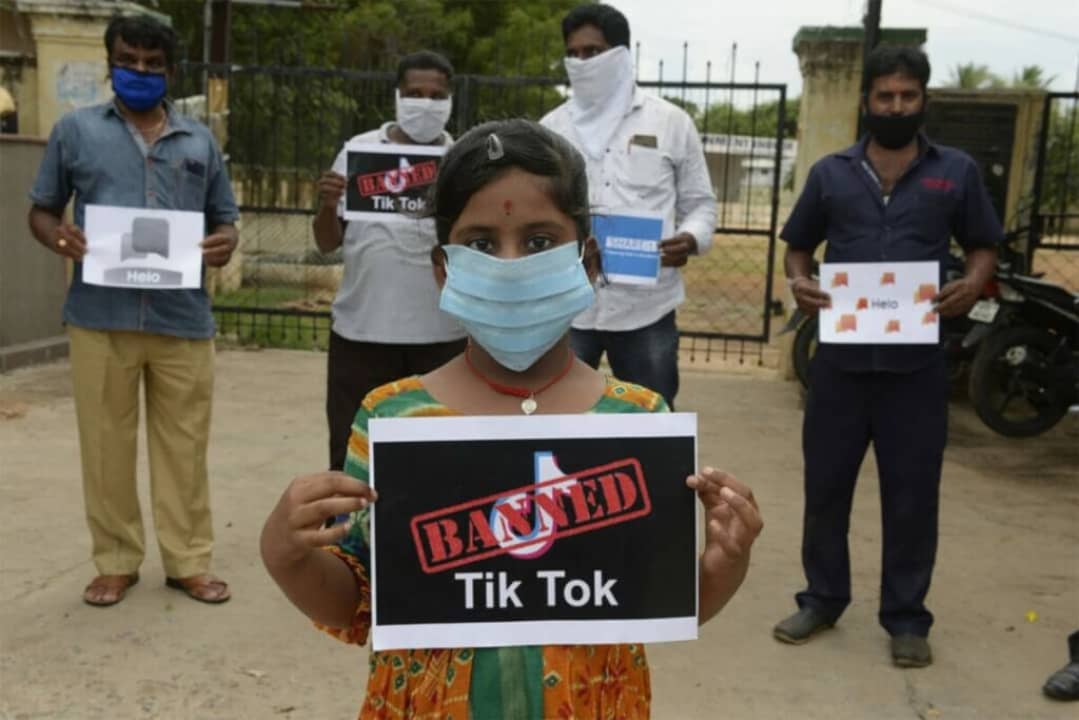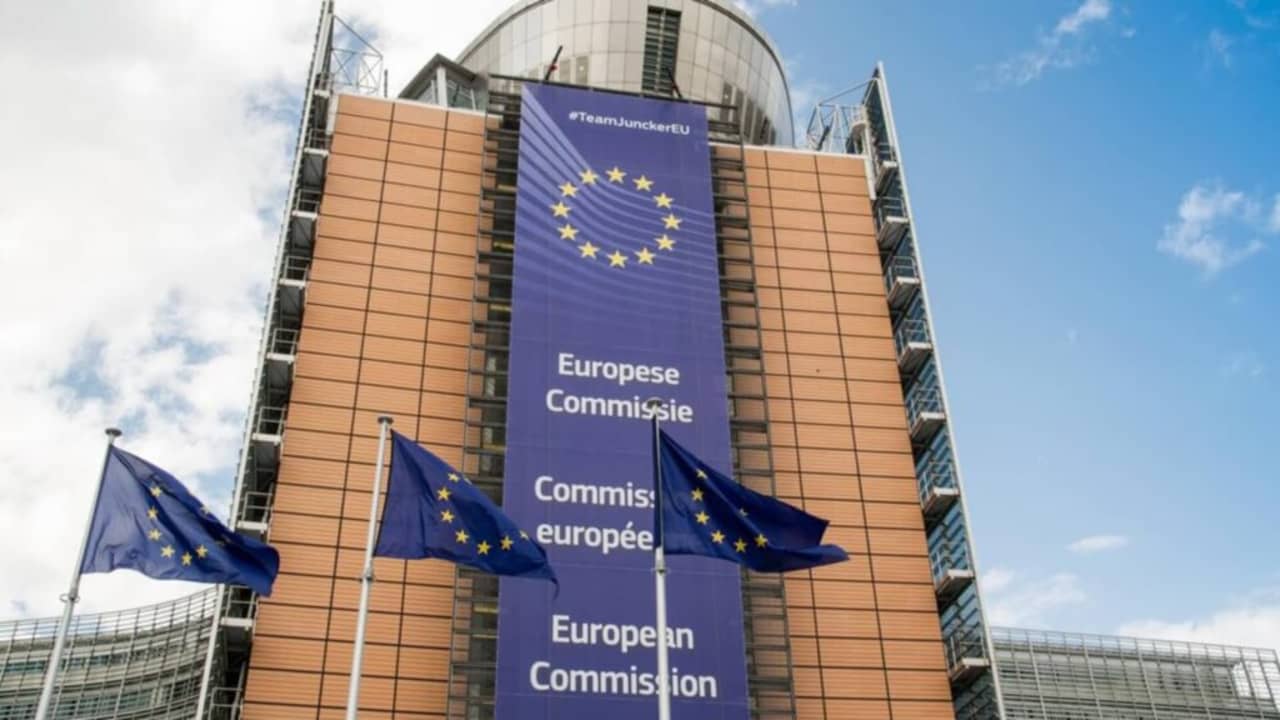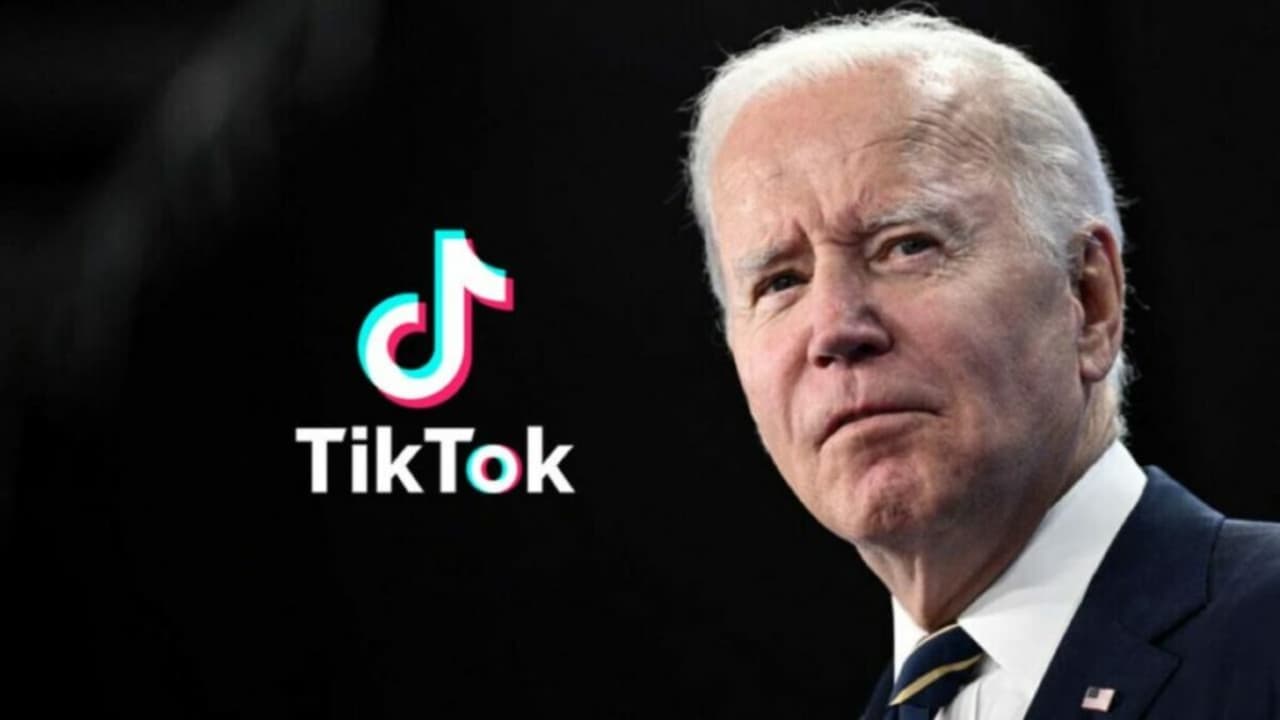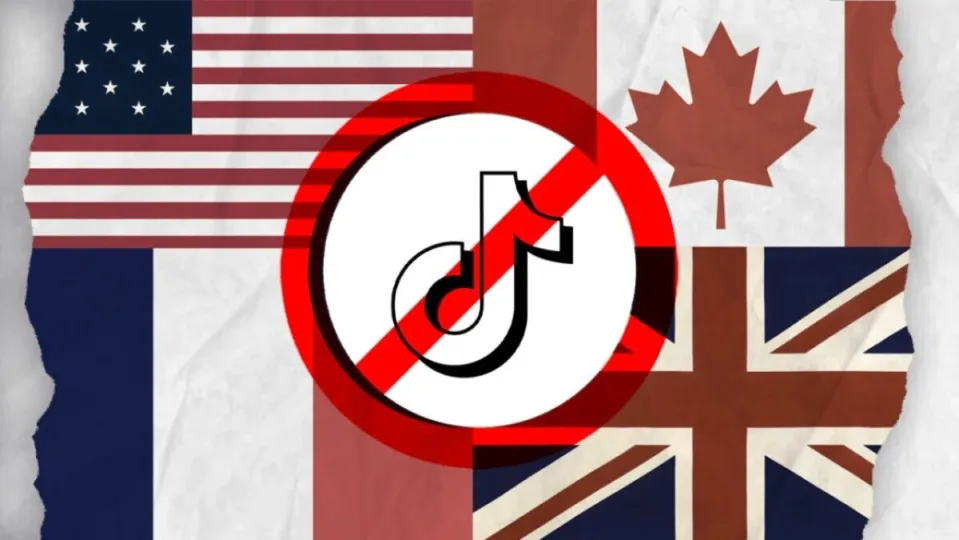With so much happening day in and day out, it’s easy to stumble across some news related to TikTok‘s ban in the United States and think, “Wait, what do you mean a ban? What happened?” TikTok’s situation in the United States hangs by a very thin thread, and the short video app could be banned completely in the country if the company is not sold to a U.S. company.
But that’s not the end of it. The possible total ban of TikTok in the United States would not be the first, and some countries have even already taken certain measures to restrict the app in some way within their borders. Let’s take a look at which countries have banned TikTok and why they have done so.
India
India was the pioneer in banning TikTok nationwide, and it did so almost three years ago, when much of the world was confined to a lesser or greater degree because of the COVID-19 pandemic. To the question “why did India ban TikTok?”, there are two answers: official and “unofficial, but that is clearly the reason”.

The official response is that both TikTok and 58 other Chinese apps were banned in June 2020 for not meeting minimum privacy and security requirements. And no, the matter did not stop there, since in September of the same year another 118 Chinese-owned apps were banned.
However, the “not so official” reason is somewhat more enlightening: China and India had a serious border conflict in an area disputed by both countries in the Himalayas in which Indian soldiers were killed. The ban is still in place in the country, and is not expected to be lifted anytime soon.
Europe
In Europe, several countries and organizations have banned TikTok. Although, for the moment, no European state has completely banned the app, all those that have applied the veto in their respective countries agree in having banned TikTok from all official devices, whether they are members of the government, parliamentary politicians or other public officials.

Citing reasons of security, privacy, spreading disinformation and even possible espionage, TikTok has so far been banned in the UK, France, the Netherlands, Norway, Belgium and Denmark. In addition, the 3 main European Union bodies: the European Parliament, the European Commission and the EU Council, have also banned the app on official devices for similar reasons.
New Zealand
Similar to European countries, New Zealand recently announced that it will ban TikTok from the official phones of government legislators as of March 31. However, the ban does not apply to all public officials, as is the case in Europe, and will only affect 500 official parliamentary devices.

The ban would be due to the potential risks of exposing sensitive official information, and would follow recommendations from cybersecurity experts.
USA
The United States is leading the way in banning TikTok worldwide due in large part to its strong influence in its allied states. A ban of the app on official House of Representatives devices in December last year has now been joined by a ban of the app on all federal government agency devices. In addition, more than half of the country’s states also ban TikTok on their official devices.

The reasons? In addition to those put forward by European countries, since Donald Trump’s term in office, the US government believes that TikTok shares US user data with the Chinese government, and that this could lead to spying on members of the US government.
Not only is there no evidence of these allegations so far, but Shou Zi Chew, the CEO of TikTok, also denied in his recent hearing before the U.S. House of Representatives that his company shared data with the Chinese government, and stated that it would not do so even if requested to do so by the Chinese government.
Canada
Canada is one of the latest countries to ban TikTok on official devices, and it took these measures after the US announcement. For Canada, TikTok poses an “unacceptable” security and privacy risk, so its use is completely banned for public officials, who will also not have the possibility to download it in the future.

Some of the links added in the article are part of affiliate campaigns and may represent benefits for Softonic.


